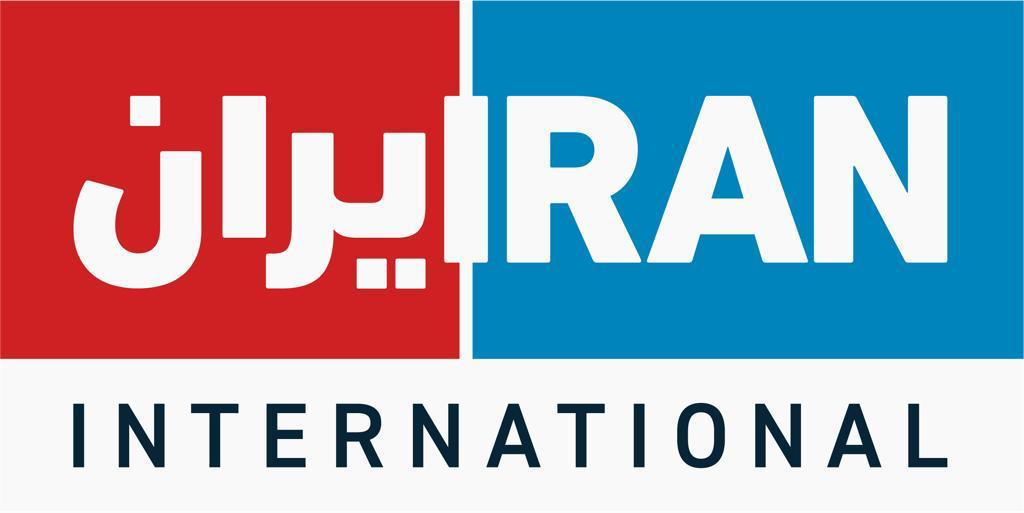Eight were gunned down at the Paris offices of Charlie Hebdo, in an incident that cast a pall over the industry and freedom of expression at large. We were appalled to learn of the murder of the Japanese journalist Kenji Goto by an Islamic State militant in Syria. Just last week, five more journalists were murdered in an ambush in South Sudan, a country that is becoming increasingly dangerous for the news media. Elsewhere, two journalists were killed in Iraq, and one each in Afghanistan, Mexico, Philippines, Yemen, Indonesia and Turkey – proof if it were needed that the scourge of insecurity is a global threat to our industry. Our Killing the Messenger report, a biannual survey of media casualties around the globe released this month, recorded the deaths of 105 journalists died last year – 11 in Syria. The figures showed that Pakistan was a close second to Syria as the bloodiest country for journalists with 10 killed. Iraq and Ukraine were in third place with eight journalists killed in each country. Six journalists died in Palestine and another six in Afghanistan. Honduras and Somalia lost five journalists each while four died in Mexico and four more Paraguay. With the world growing more dangerous for journalists, INSI is more committed than ever to our mission to provide the most relevant safety information and training to journalists so we can help them ensure they stay safe whenever and wherever they work. This month we launched a survey looking into changes in the safety landscape and we encourage all our members to take part. Your opinions will help us in the development of a report we are releasing later this year looking at those changes and making recommendations which we hope will make the world a safer place for our colleagues. The survey is available here. Elsewhere this month, I took part in a conference organised by the US State Department on the safety of journalists. At INSI we are encouraged that governments and the public at large are paying more attention to the issue, though much more is needed if we are to ensure that journalists are targeted less frequently and that when they are killed for their work, their killers are brought to justice. The international community must do more to ensure that those governments who let impunity flourish realise that they cannot be allowed to do so. On the multimedia front, our latest podcast deals with managing a crisis in the newsroom such as kidnapping, and on our YouTube channel, I discuss the shocking numbers of journalists killed last year. Thank you once again for your support and for your commitment to INSI's work. Hannah Storm, INSI director




























































